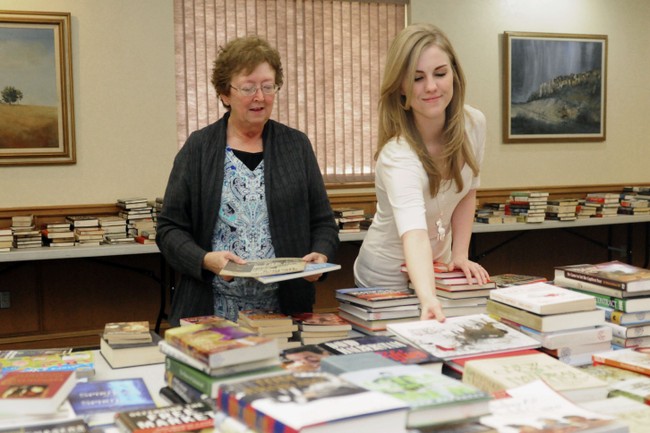
As with many other parts of the country, several counties in Maryland have recently seen parents pushing back against inappropriate sexual content in school libraries and getting some books removed from the shelves. The books primarily deal with either transgender ideology or more adult sexual content of any nature. But the Democrats in the state legislature want to put an end to that. They are currently working to jam through a new bill that is cleverly called the “Freedom to Read Act.” They claim to be working to ensure a consistent statewide standard for library content, but the underlying goal seems obvious. They are unhappy with the success the parents have achieved and they want those books placed back on the shelves. The main battlegrounds for this battle appear to be Carroll and Howard counties, both located in more rural areas to the North and West of Baltimore. (Baltimore Sun)
A rise in challenges to books in Maryland’s schools and public libraries — including dozens recently in Carroll County schools — has put the state on a path to becoming one of the few with guardrails on book bans.
The Freedom to Read Act, which Democrats in the Maryland General Assembly are gunning to pass in the legislative session’s final weeks, would set a statewide standard for some content in libraries for the first time. Although books found to contain sexual content could still be pulled from shelves under the bill, the act has infuriated some opponents. They argue it would tie the hands of local government and school officials to eliminate materials they find unsuitable for children.
Proponents of the legislation say the standards it would set are critical at a time when parents and activists in places like Carroll and Howard counties have challenged books that primarily target stories of LGBTQ youth or that deal with race.
The Carroll County School Board is currently in the midst of reviewing 58 books that the superintendent ordered removed from the shelves because of explicit content. The protesting parents were organized by the local chapter of Moms for Liberty, and they’ve seen some success in pushing for these changes. Nine books have been removed thus far during the review, with some others either being limited to high school libraries or requiring parental consent forms to take them out from the library. That might change if this new legislation is passed, however.
So what sort of books are being removed in Carroll County? Some of them seem a bit dubious to be on the list, such as “Slaughterhouse Five” by Kurt Vonnegut. That one will be retained in high school libraries, but not elementary or middle schools. That’s a fairly dense and intense book for younger children to tackle, I’ll admit, but I wouldn’t lump it in with pornography. Others are more obvious. Those include “Doing It! Let’s Talk About Sex” by Hannah Wilton. She’s the same author who goes on social media to offer free tips for finding affordable sex toys and poses with some of her own. Another is “Red Hood,” by Elana Arnold. It’s described in one review as “a very loose retelling of Little Red Riding Hood driven by female empowerment and sisterhood.” It’s also called out for being “very bloody” and overtly sexualized.
One of the first to fall was “Gender Queer” by Maia Kobabe. That book has been removed from more schools around the country than almost any other. It’s true that the book is presented in cartoon format, but it includes graphically explicit drawings, including one showing a young boy performing oral sex on another young boy. How on Earth did anyone ever find that to be appropriate for school children, particularly in elementary school? I don’t care whether it’s a boy doing it to another boy or a girl with a boy. It should be up to parents to decide when their children learn about the birds and the bees.
Children are already exposed to far too much explicit sexual content on their phones and tablets. Do we really need more of the same just laying around in the school library for them to find? Supporters of the new bill in Maryland claim that “books found to contain sexual content could still be pulled from shelves.” Pay particular attention to the word “could” in that context. It seems like a safe bet that “Doing It!” could be making a comeback soon.
